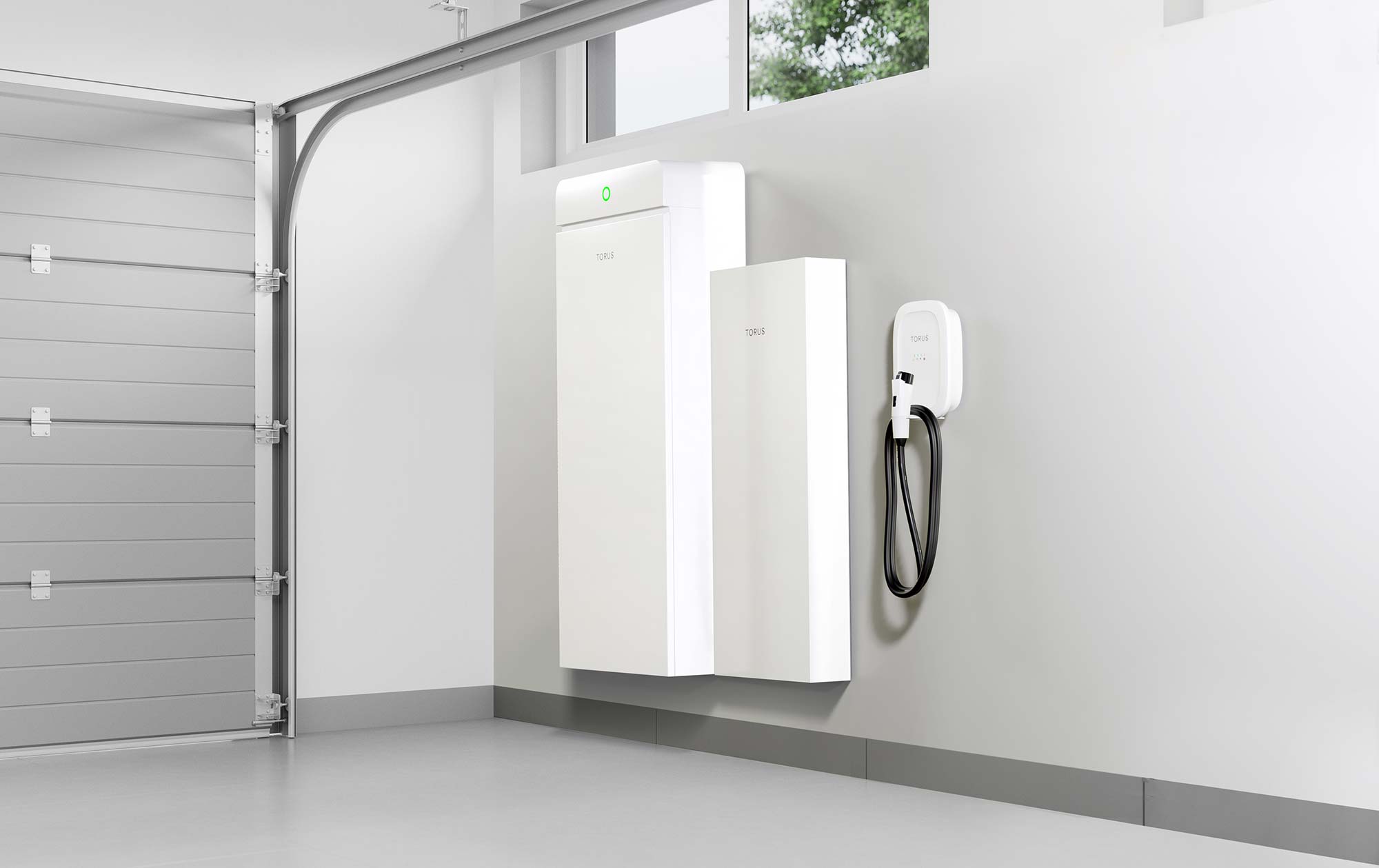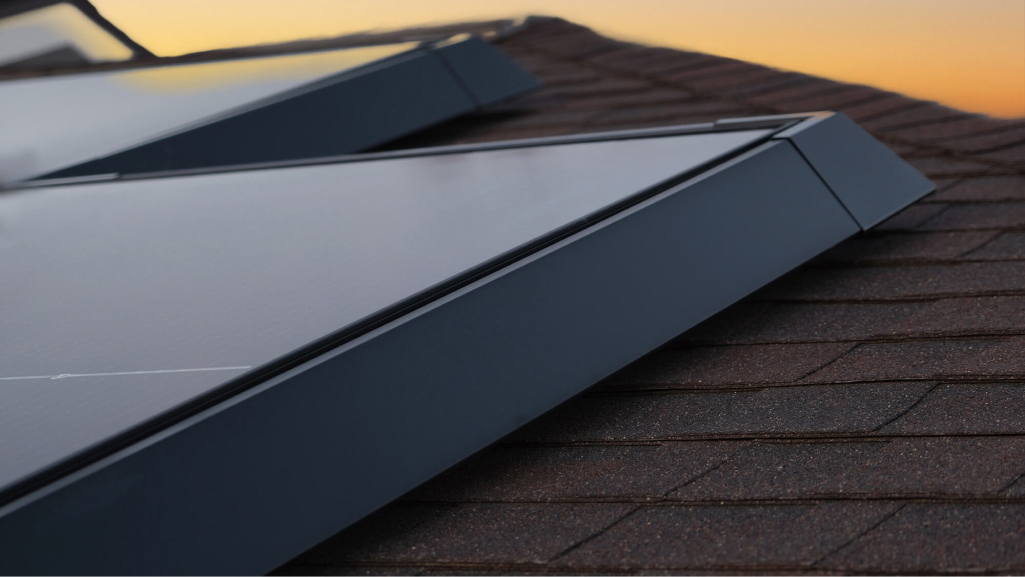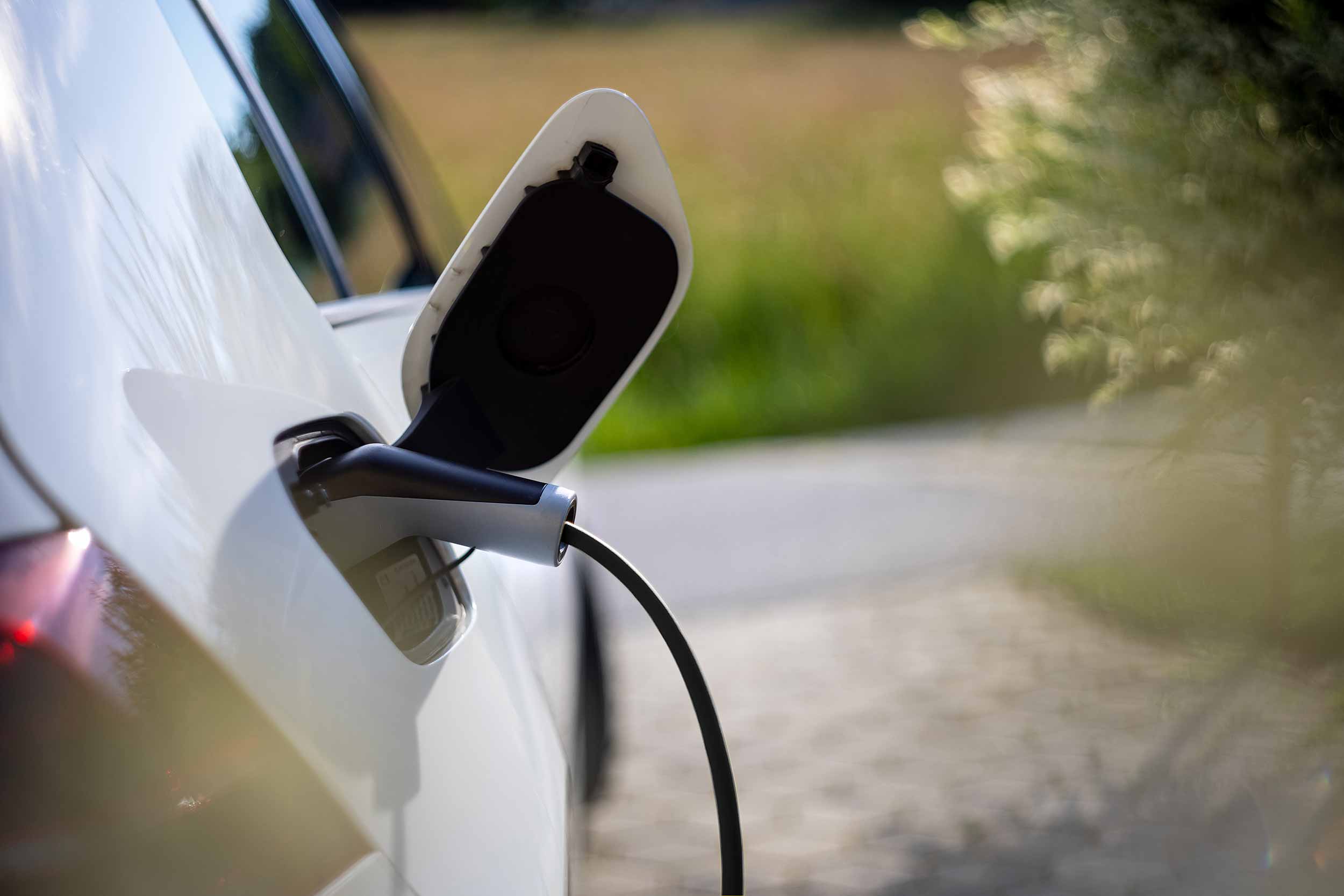Am I a good fit for energy storage?
What to consider when investing in a residential battery
As a Utah resident looking to embrace renewable energy, you may be wondering if your home is a good fit for a solar battery system. Several factors can determine the viability and benefits of installing a solar battery. Below we’ll break down key considerations for Utah homeowners, including frequent electrical outages, time-of-use electricity rates, 1-1 net metering credits, bills with demand charges, and the desire to reduce CO2 emissions. By understanding these factors, you can feel confident making an informed decision about integrating a solar battery into your home energy system.
Frequent Electrical Outages:
If your area experiences frequent electrical outages due to factors such as severe weather conditions or utility maintenance, a solar battery system can be incredibly beneficial. By storing excess solar energy during periods of consistent power supply, you can rely on your battery to keep your home powered during outages. This ensures continuity of essential appliances and devices, providing comfort and safety for you and your family during extended power disruptions.
Time-of-Use Electricity Rate:
Utah residents on time-of-use (TOU) electricity rate plans can maximize the benefits of a solar battery system. TOU plans offer different electricity rates depending on the time of day, typically with higher rates during peak demand hours. With a solar battery, you can store excess solar energy during off-peak hours when electricity rates are lower and utilize it during peak hours. This allows you to reduce your reliance on grid electricity during expensive periods, leading to potential cost savings on your electricity bills.
1-1 Net Metering Credits:
Utah's 1-1 net metering policy allows homeowners with solar installations to receive a credit for excess energy they feed back into the grid. A solar battery system can enhance the benefits of net metering by enabling you to store excess energy for use during times when your solar panels are not producing enough for your needs. By maximizing self-consumption of solar energy, you can offset your electricity consumption and potentially earn credits on your utility bill.
Bills with Demand Charges:
If your utility bills include demand charges, a solar battery system can help you reduce them. Demand charges are based on the highest amount of power consumed within a specific period. By utilizing a solar battery system, you can manage your energy consumption more effectively, reducing peak demand from the grid and minimizing demand charges on your bills. This can lead to substantial savings over time, making a solar battery a wise investment.
Reduced CO2 Emissions:
Utah residents committed to reducing their carbon emissions can benefit from a solar battery system. By storing and utilizing clean, renewable solar energy, you can reduce your reliance on fossil fuels and decrease the CO2 emissions associated with electricity generation. A solar battery system is a clean and sustainable way to achieve your environmental goals.
The Torus Station is the most effective way to create, store, and manage clean, renewable energy at home. Curious? Learn more! Interested in a free consultation? Get in touch! Ready to commit? Customize your system.




